‘I know, let’s repaint the Sistine Chapel. But this time we’ll get it done by Banksy.’ Perhaps this wasn’t the exact phrase used in the early production meetings for the Sky Atlantic reboot (ho ho) of Das Boot (Wednesdays). It does describe pretty well the net result, though.
Yes, I know James Walton covered it last week but I’m going to have to strongly disagree with him: Das Boot — Wolfgang Peterson’s 1980s miniseries about life on a U-boat during the Battle of the Atlantic — is my favourite wartime TV drama ever. And I’m damned if I’m going to let this travesty of a new version through the net.
Let me say, before I loose my depth charges, that the submarine stuff is perfectly fine — especially the nuanced, believable relationship between rookie Captain Klaus Hoffmann (Rick Okon) and his second-in-command Karl Tennstedt (August Wittgenstein). But the rest is pure cliché and bilge.
Remember the main word used to capture the intensity of that original series? Claustrophobic. So now — such genius! —they’ve decided to open up this confined, smelly and resolutely male world to make it more airy and inclusive. Now we haven’t just got German submariners (and the odd French tart on shore leave). We’ve also got gallant French resistance women, a plucky, attractive female lead, a leering Gestapo man, a Catholic priest, lots of scenes in and around La Rochelle, plus — de rigueur these days — some lesbian sex in episode four.
I’m old enough to remember the era when lesbian sex existed in only two places: perfervid teenage fantasies and the mags that fuelled them. Now it has become so ubiquitous and is so barded with implicit, hectoring worthiness (‘See: no homophobia here!’) it ought to be patented as the world’s most effective anaphrodisiac. When I was a kid, it was Daleks that sent me hiding behind the sofa. Now it’s hot lesbo action.
But never mind that, far worse is the lameness and inauthenticity of pretty much every scene not on the U-boat. With the original you were there, with the crew, seeing the war entirely from their point of view. When, in that memorable Gibraltar episode, they were strafed by a terrifying allied fighter aircraft, you found yourself rooting entirely for the Germans. Now, though, that perspective has broadened — fatally — so that when the U-boat gets depth-charged, you’re not just below the waves with the nervous crew, but also with two American crewmen leaning over the rails of their destroyer, exchanging platitudes about the fate of the submariners they’ve just wiped out. So instead of life in the raw, in close-up, we get a vapid, hackneyed panorama.
‘Is this what it’s like getting old — noticing all the stuff they’ve got wrong?’ the Fawn wondered as we watched, griping. We had similar reservations about another, even more dire wartime drama, the Netflix film Hurricane, about Polish fighter pilots during the Battle of Britain.
By far the best thing about it was Iwan Rheon’s apparently fluent Polish. But this bravura effort from the Bastard of Bolton was squandered on an otherwise wooden, clichéd, stilted, dreary production that had absolutely no feel for the period or, indeed, for the dramatic possibilities of its true-life subject matter.
The point about those Polish fighter pilots is that they were committed, ruthless killers in a way their British comrades often weren’t. If you’re going to throw light and a Netflix budget on this fascinating historical footnote, you surely owe it to those who were there — and to posterity — to capture the courage, the sacrifice, the grim relentlessness and, yes, the brutal ugliness of the period and its participants. You want to treat it like an episode of Gomorrah — never mind muh feelings, this is how it was and is.
Instead we got the kind of idiocy and infelicities you fully expect in a BBC drama, but rather hope to avoid on Netflix. This was especially noticeable in the silly bolt-on subplot about plucky WAAF plotters battling heroically against ingrained male chauvinism and snobbery. Presumably, the commissioning people were worried that if they didn’t do this young female viewers might find it a turn-off. Hello? That is entirely the point of war drama: it’s there to reward men for the long hours they have to endure with their wives and girlfriends watching horrid, exploitative guff about handsome serial rapist-murderers and hunky bodyguards and feisty girl leads putting men in their place and other such female-friendly drivel.
What we chaps need is another world war so we can go off and do our thing in a manly man’s world like men are meant to. Rarely have I felt more envious of the generations that di
Got something to add? Join the discussion and comment below.
Get 10 issues for just $10
Subscribe to The Spectator Australia today for the next 10 magazine issues, plus full online access, for just $10.
You might disagree with half of it, but you’ll enjoy reading all of it. Try your first month for free, then just $2 a week for the remainder of your first year.


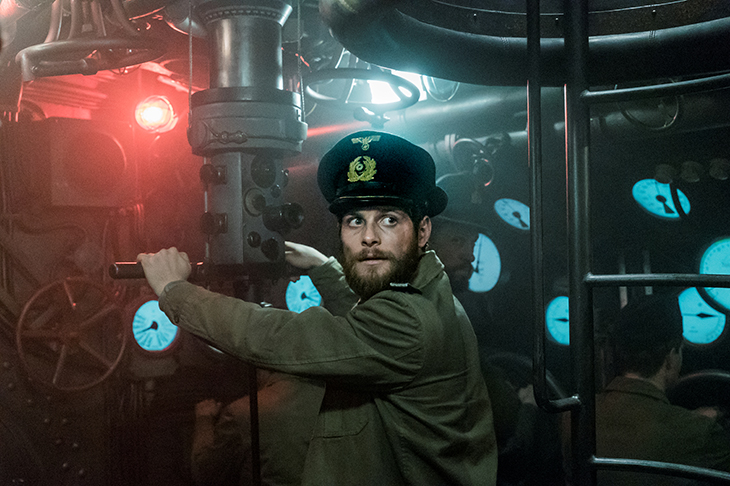
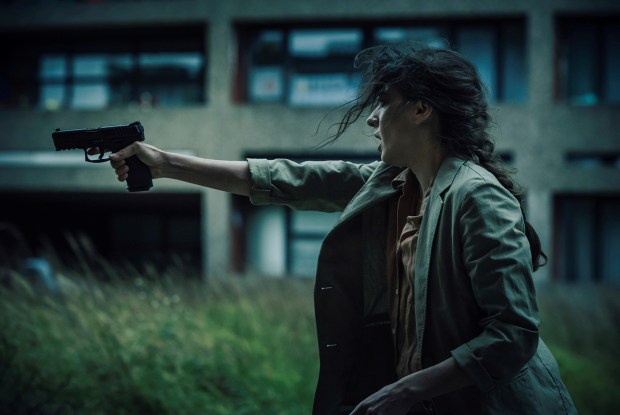

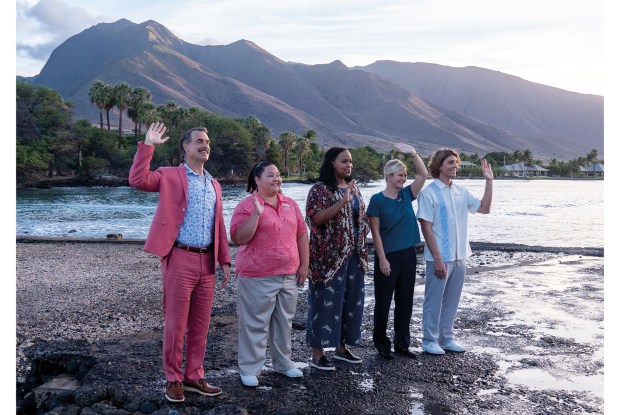
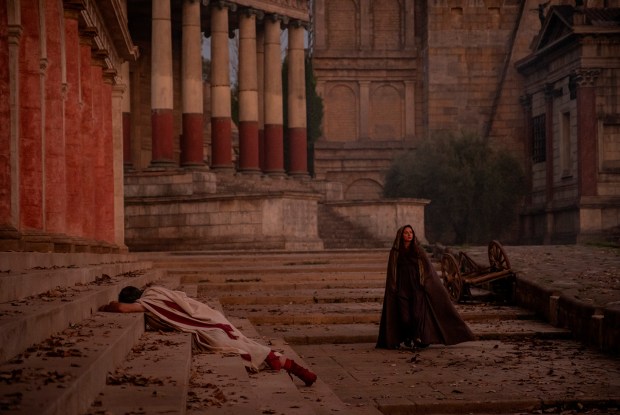
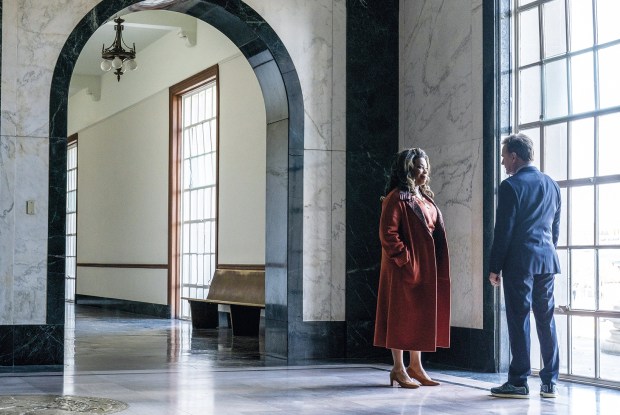
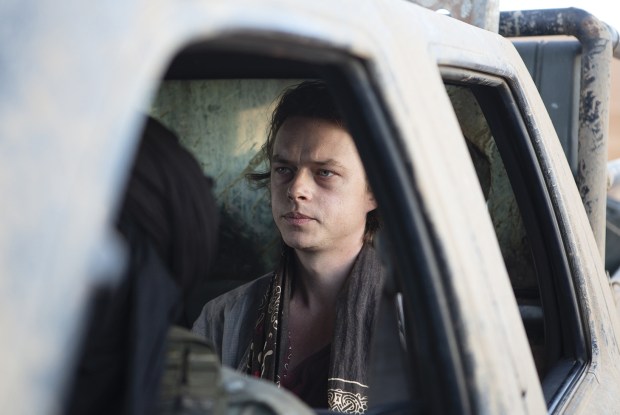






Comments
Don't miss out
Join the conversation with other Spectator Australia readers. Subscribe to leave a comment.
SUBSCRIBEAlready a subscriber? Log in